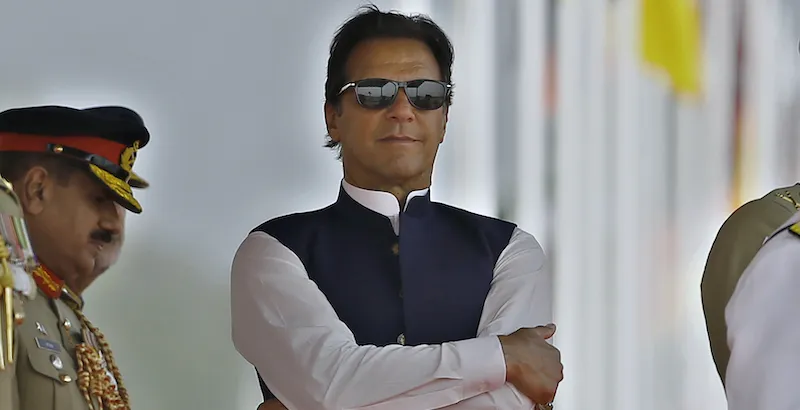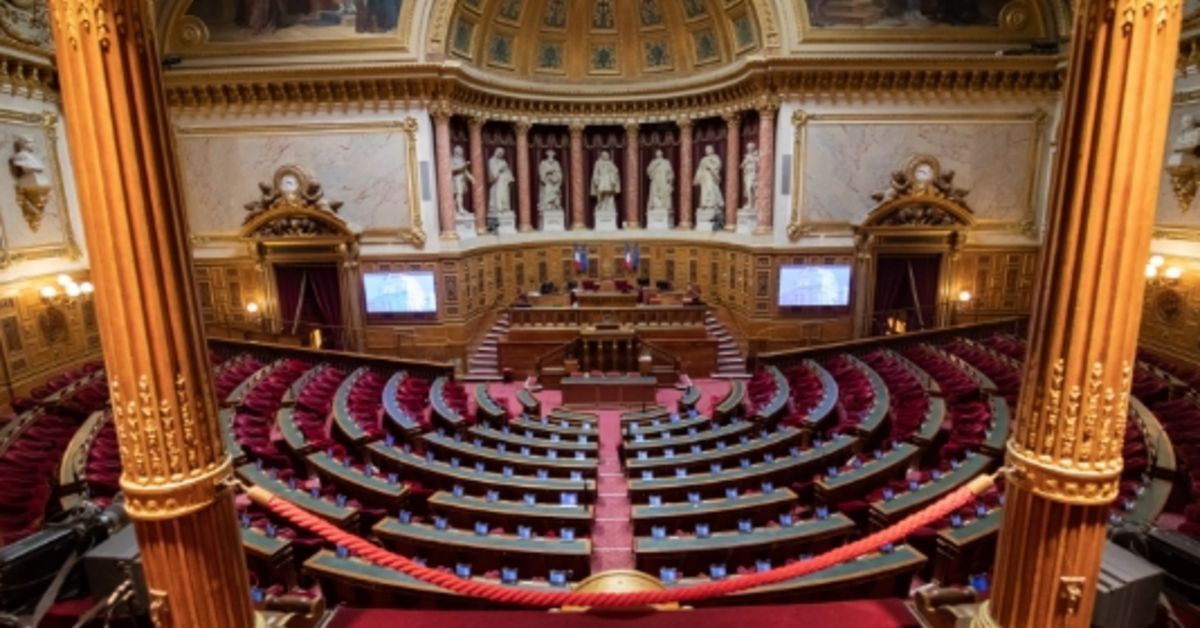Pakistani politics between Saturday and Sunday He’s going through very turbulent and sensitive hoursIt culminated in the country’s Prime Minister Imran Khan requesting the dissolution of the House of Representatives.
On Sunday, a vote of no-confidence was scheduled in Parliament that could have put an end to the political career of Khan, who is part of the nationalist and people’s movement for justice in Pakistan. Qasim Suri, deputy speaker of parliament and Khan’s own party, banned the vote on the grounds that it was unconstitutional, drawing heavy criticism from the opposition. Shortly thereafter, Khan asked Pakistani President Arif Alvi to dissolve parliament and call early elections.
The vote of no-confidence took place after weeks of great political turmoil, in which Khan was accused of being responsible for the high inflation that had put Pakistan’s economy in great difficulty, and that it had not solved the country’s endemic corruption problem. Which was at the heart of his election campaign. Also due to these criticisms, Khan’s party lost its majority last week, after seven MPs voted with the opposition. More than a dozen deputies from the majority later indicated that they would do the same.
Several analysts have also pointed out that Khan’s difficulties are also linked to the growing distance between him and the powerful Pakistan Army, which appears to have ousted the prime minister after supporting him for several years. Khan defended himself by accusing the opposition of conspiring with “foreign powers”. The opposition called Khan’s arguments “ridiculous”.
The Pakistan People’s Party (opposition, centre-left) promised new protests and added that the matter would be brought to the country’s Supreme Court. So far, no Pakistani Prime Minister has reached the natural end of his term. Khan was elected in 2018.

“Reader. Travel maven. Student. Passionate tv junkie. Internet ninja. Twitter advocate. Web nerd. Bacon buff.”





